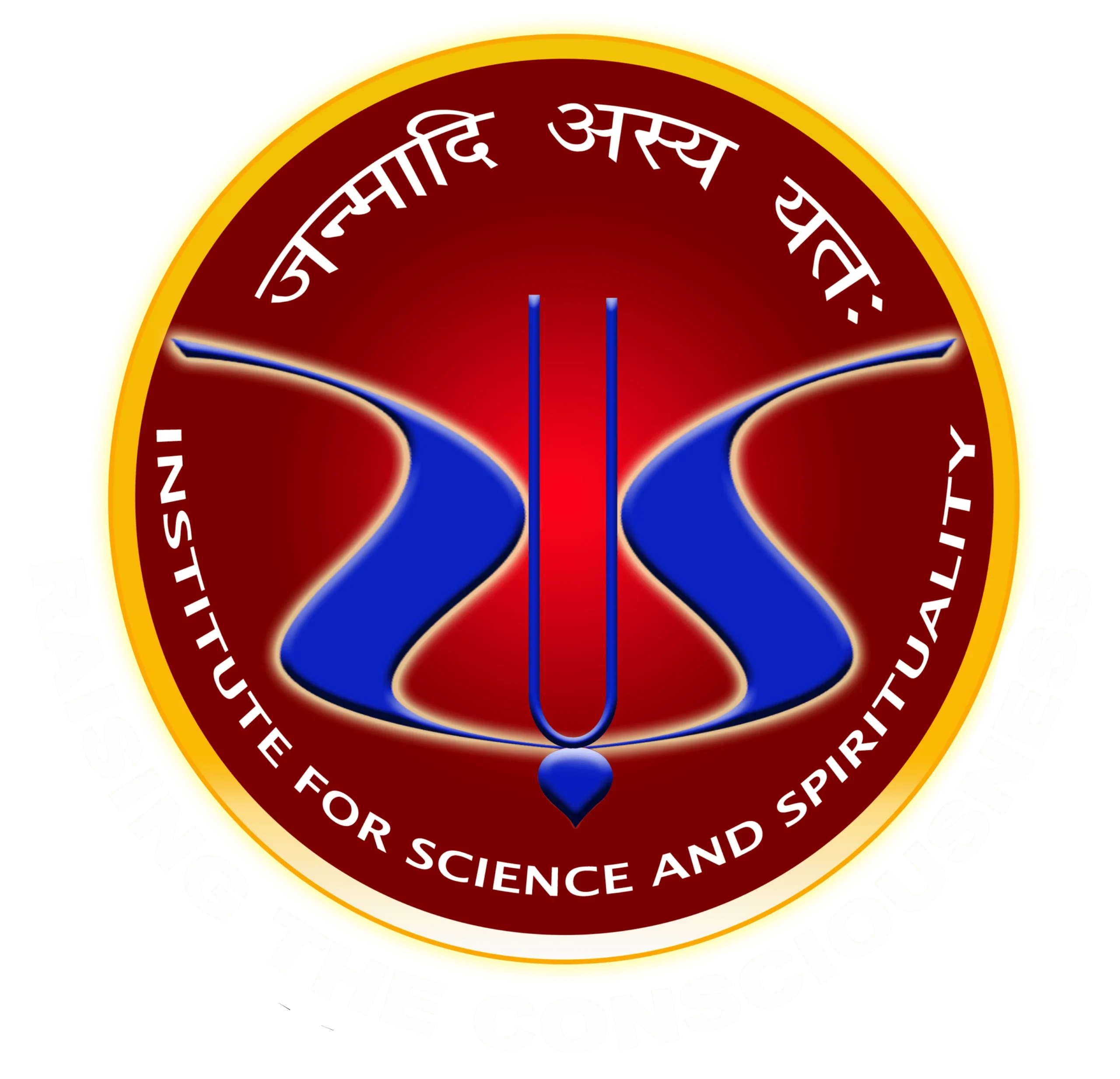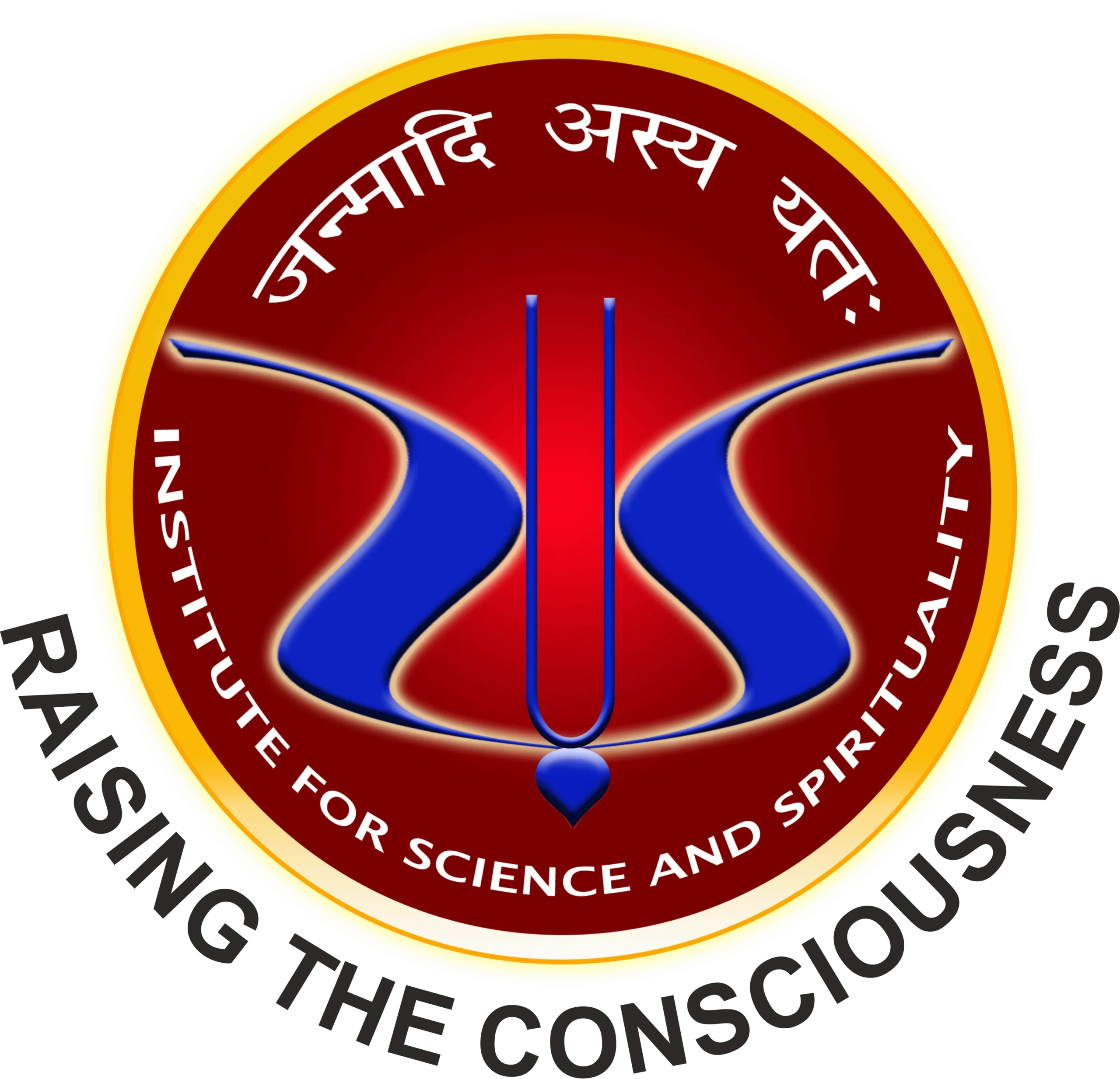The Enigma of Perception
Confirmed Speakers
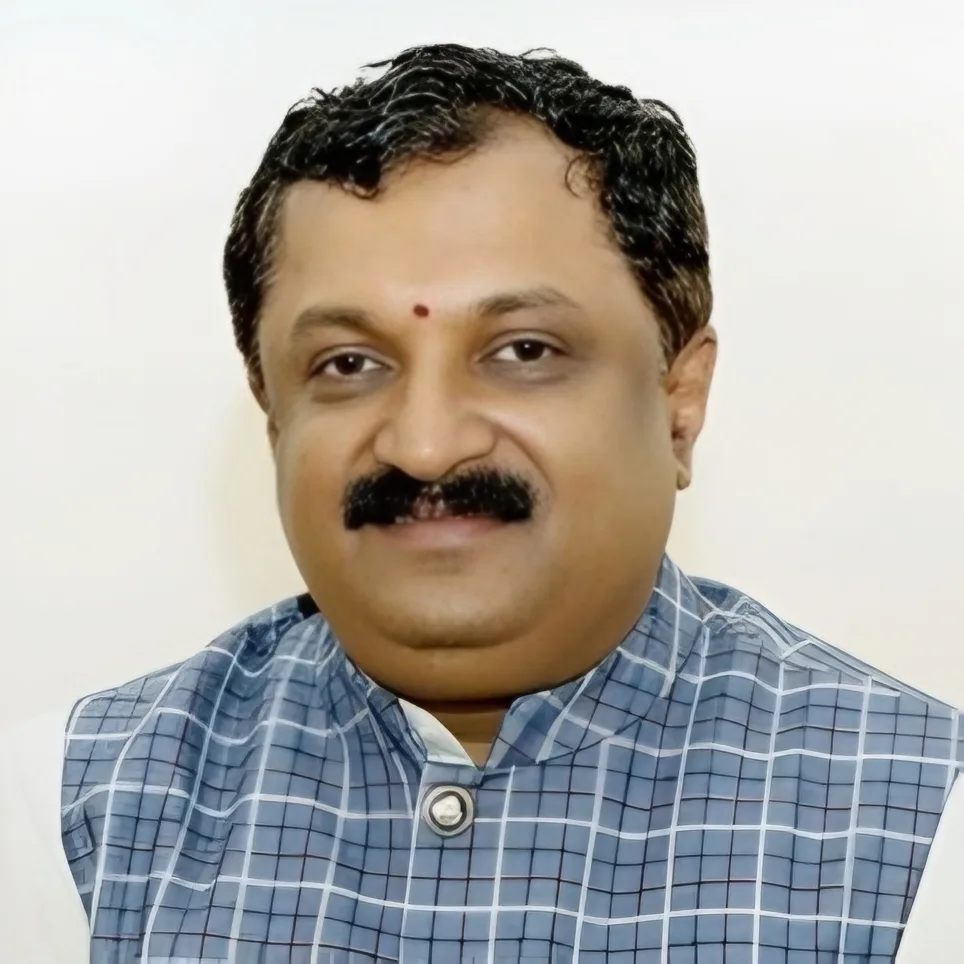
Prof. Srinivasa Varakhedi
Vice Chancellor, Central Sanskrit University
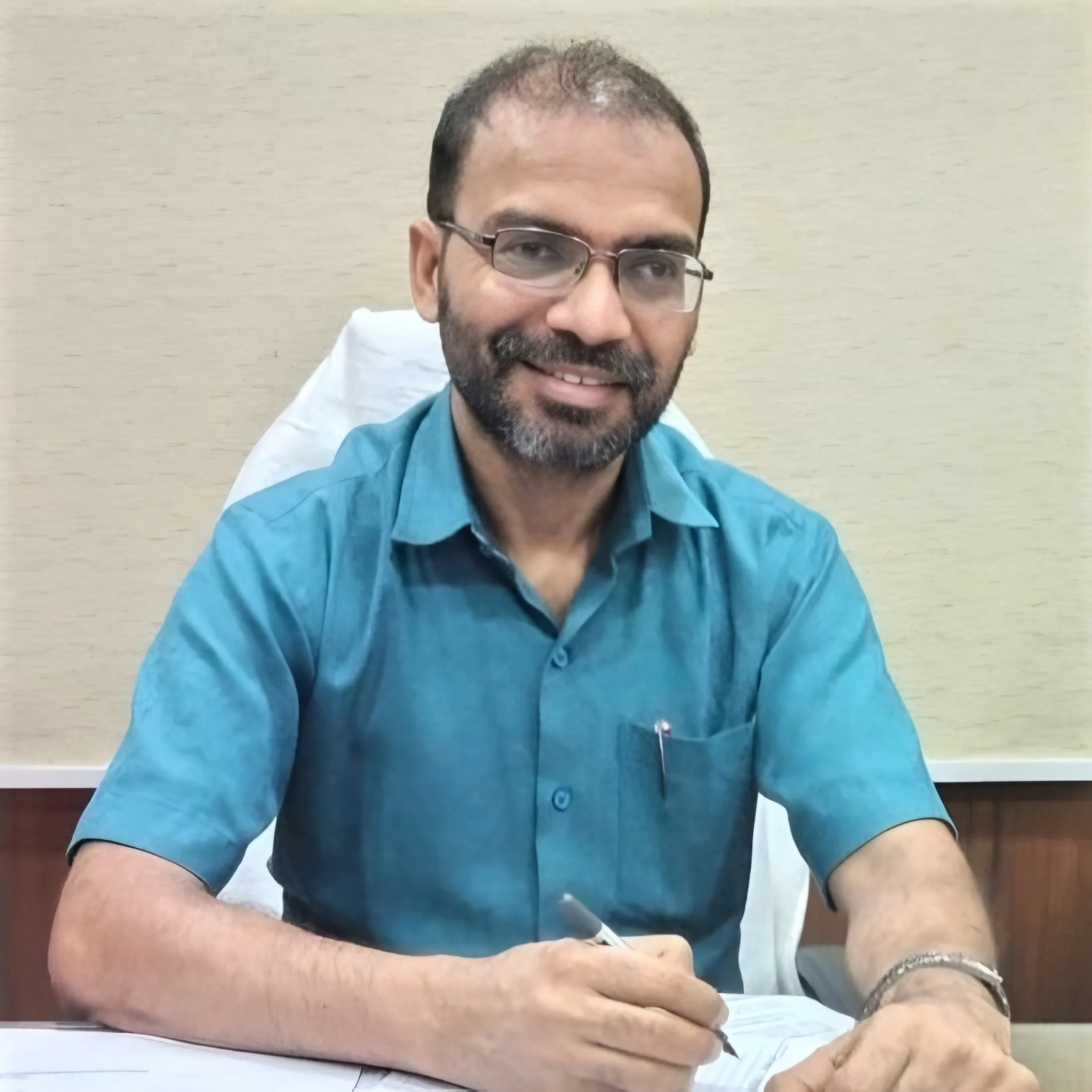
Prof. Sachchidananda Mishra
Member Secretary, Indian Council of Philosophical Research
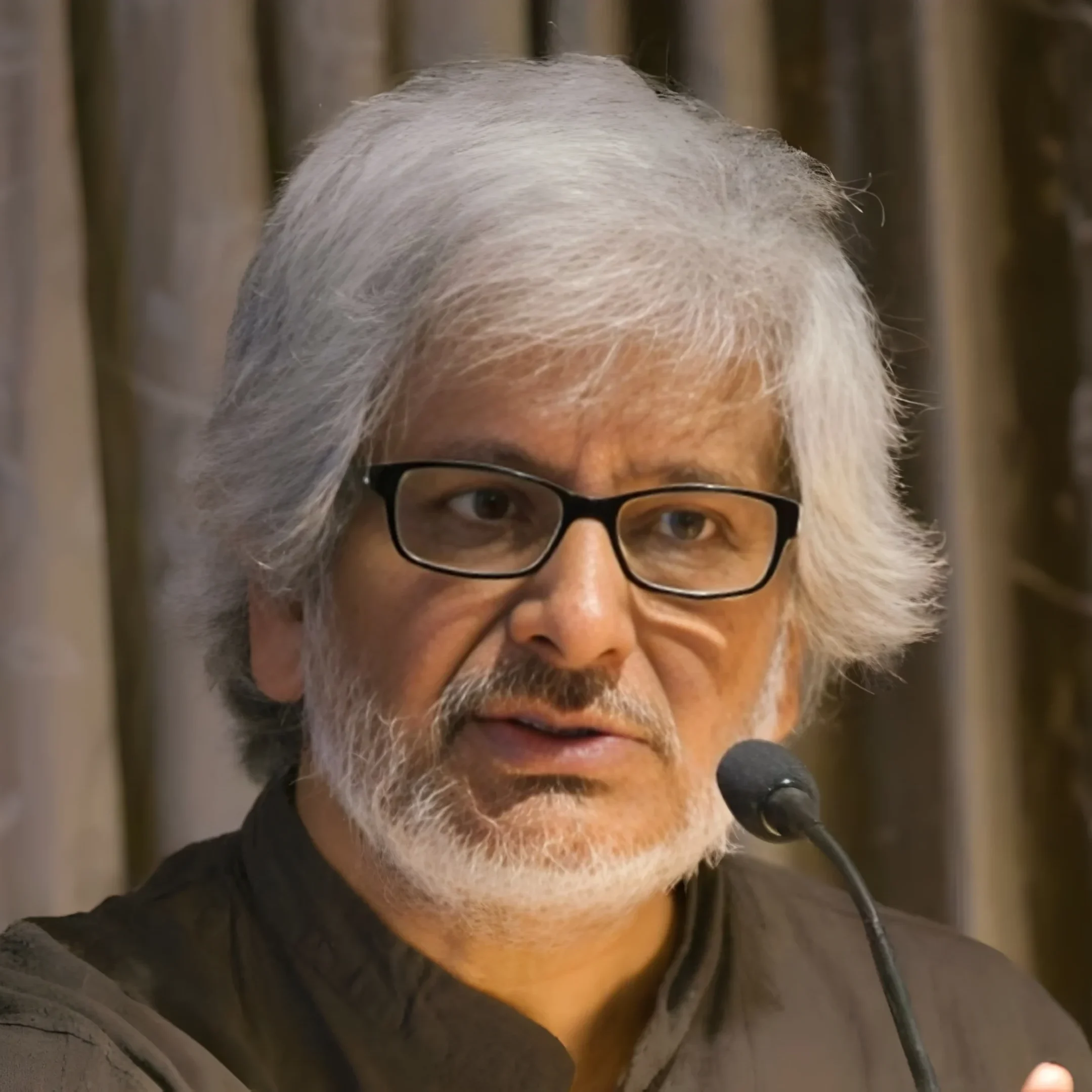
Prof. Arindam Chakrabarti
Distinguished University Professor of Philosophy Ashoka University, former Professor at University of Hawaii Manoa
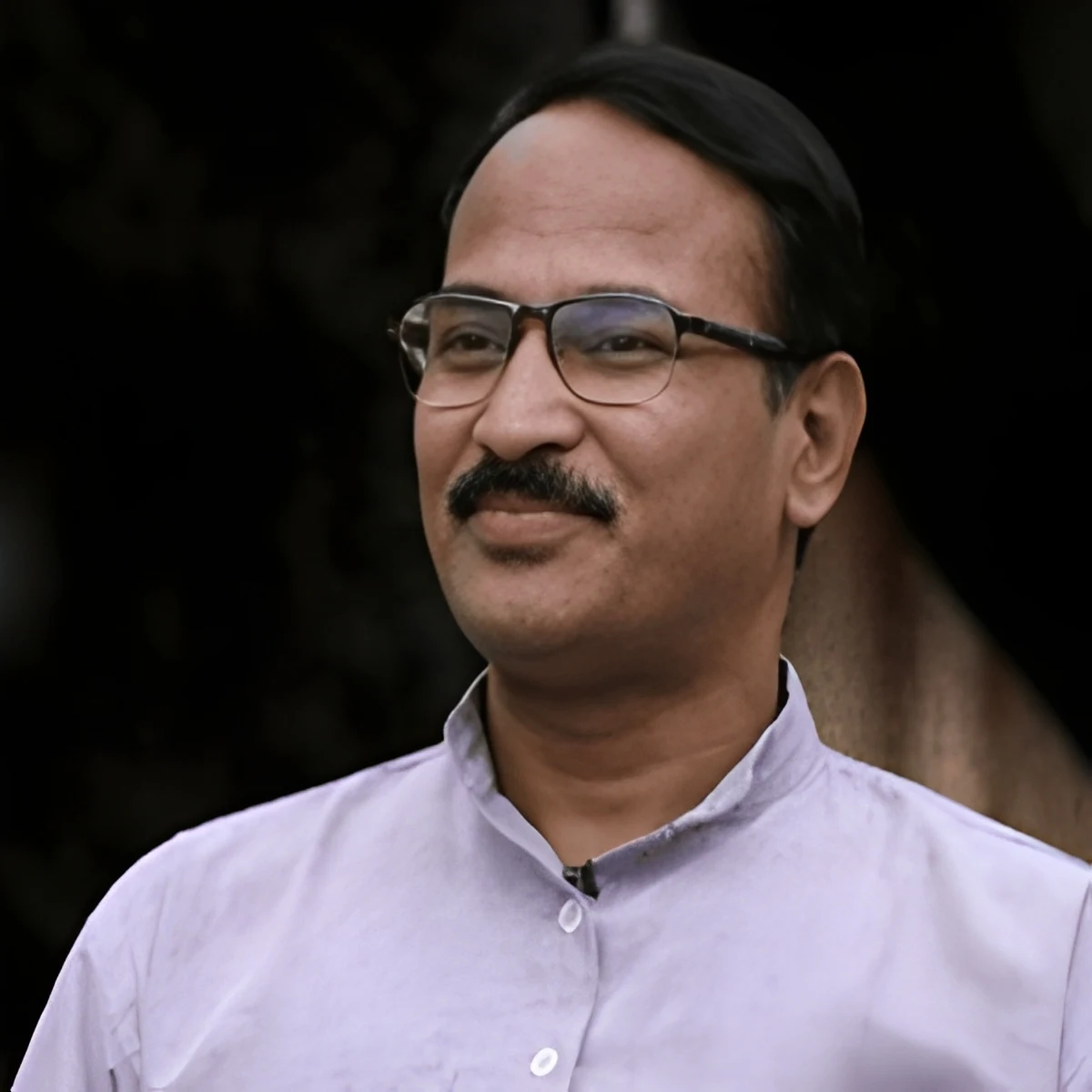
Prof. Madhusudan Penna
Director, Sanskrit Academy, Hyderabad
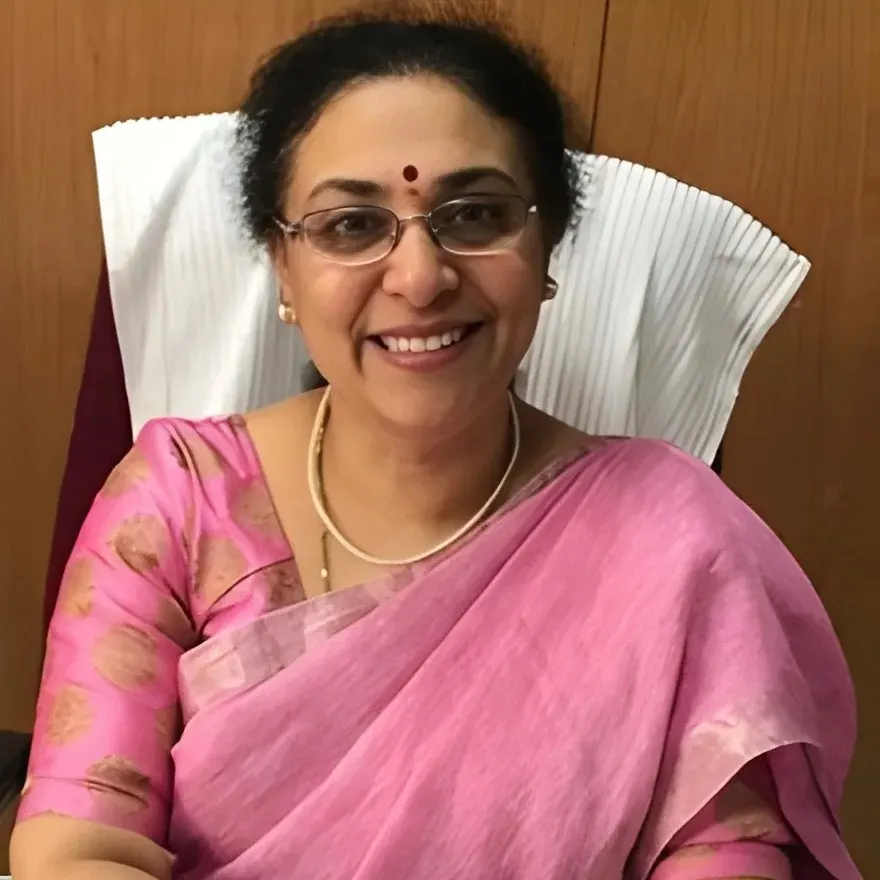
Dr. S. Ahalya
Vice Chancellor, Karnataka Samskrit University
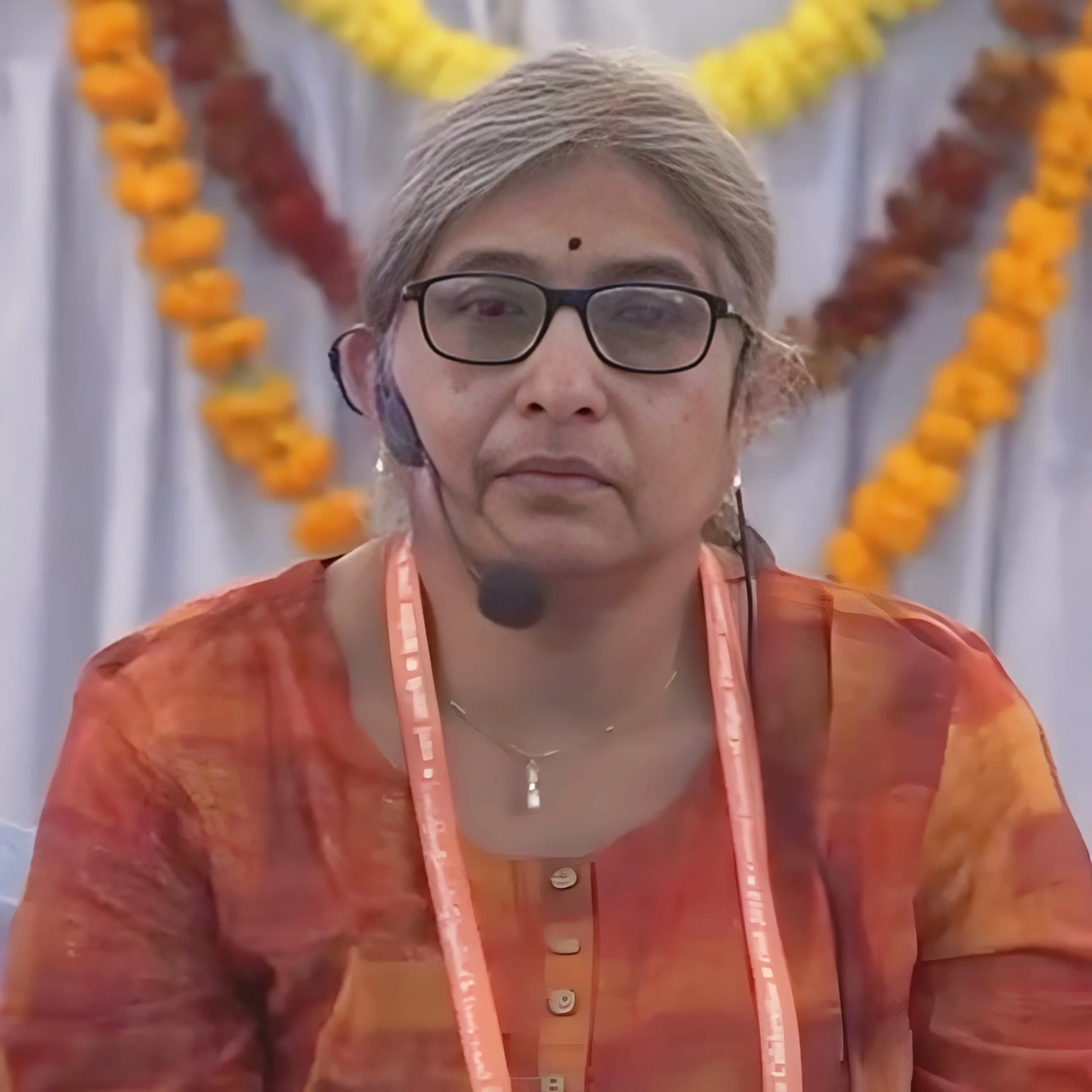
Prof. Madhumita Chattopadhyaya
Professor, Department of Philosophy, & Coordinator, Centre for Buddhist Studies, Jadavpur University, Kolkata
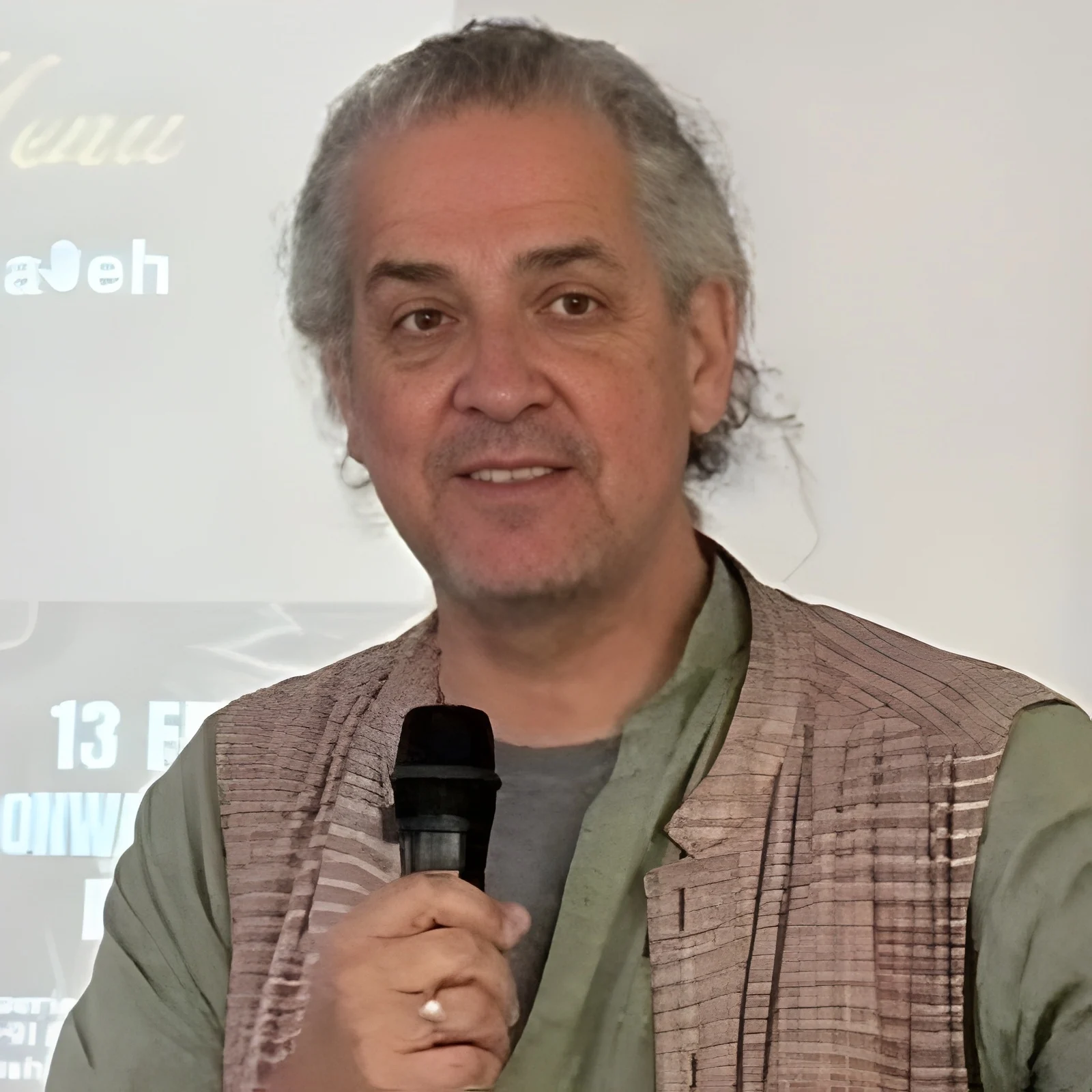
Prof. Daniel Raveh
Professor of Indian and Comparative philosophy, Tel Aviv University, Israel
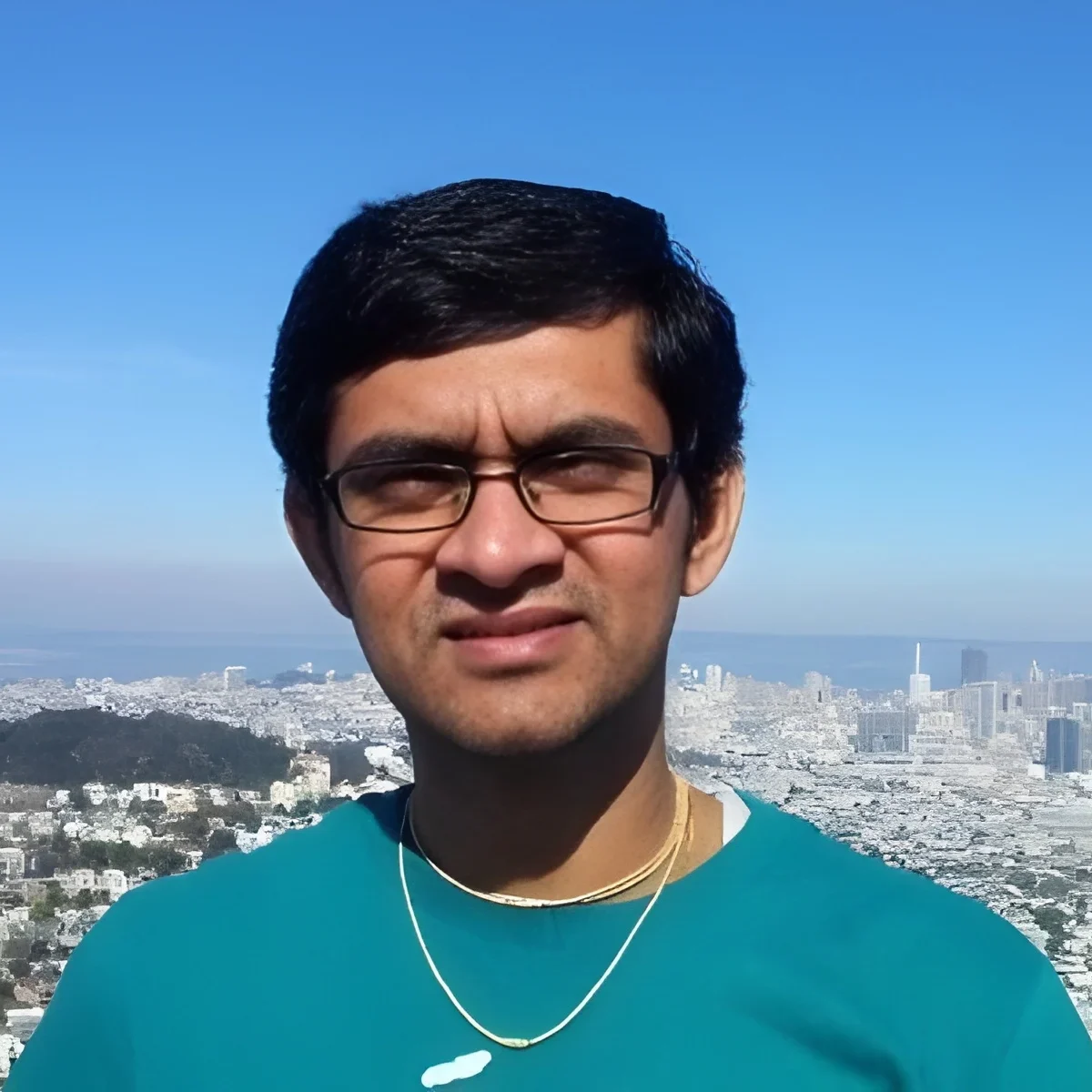
Dr. Venkatesh Chembrolu
Associate Professor, IKSMHA Centre, IIT Mandi

Dr. Sohom Chakrabarty
Associate Professor, IIT Roorkee
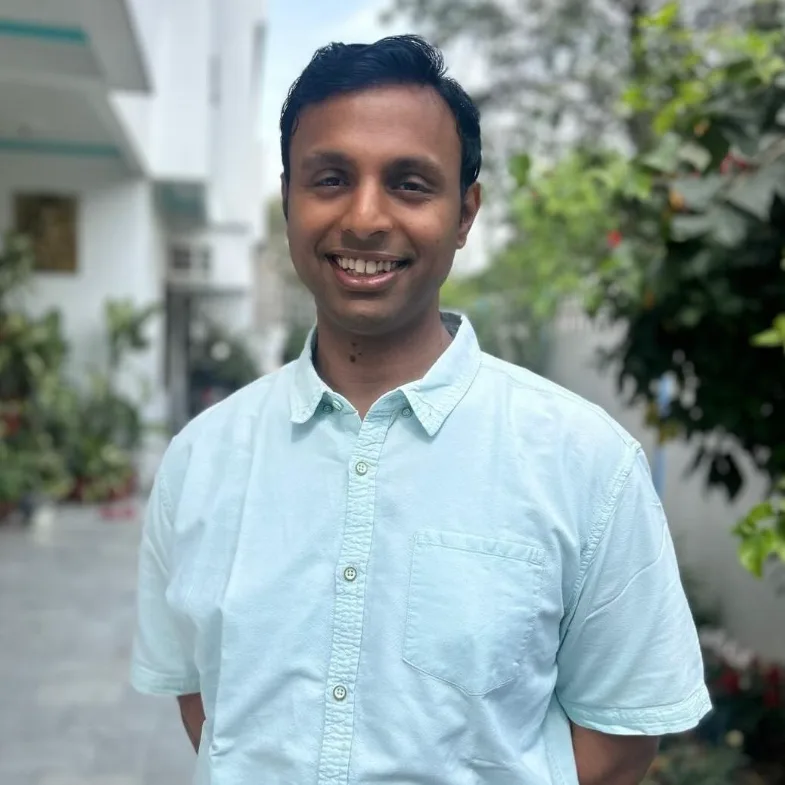
Dr. Vaibhav Tripathi
Assistant Professor, Cognitive & Brain Sciences, IIT Gandhinagar
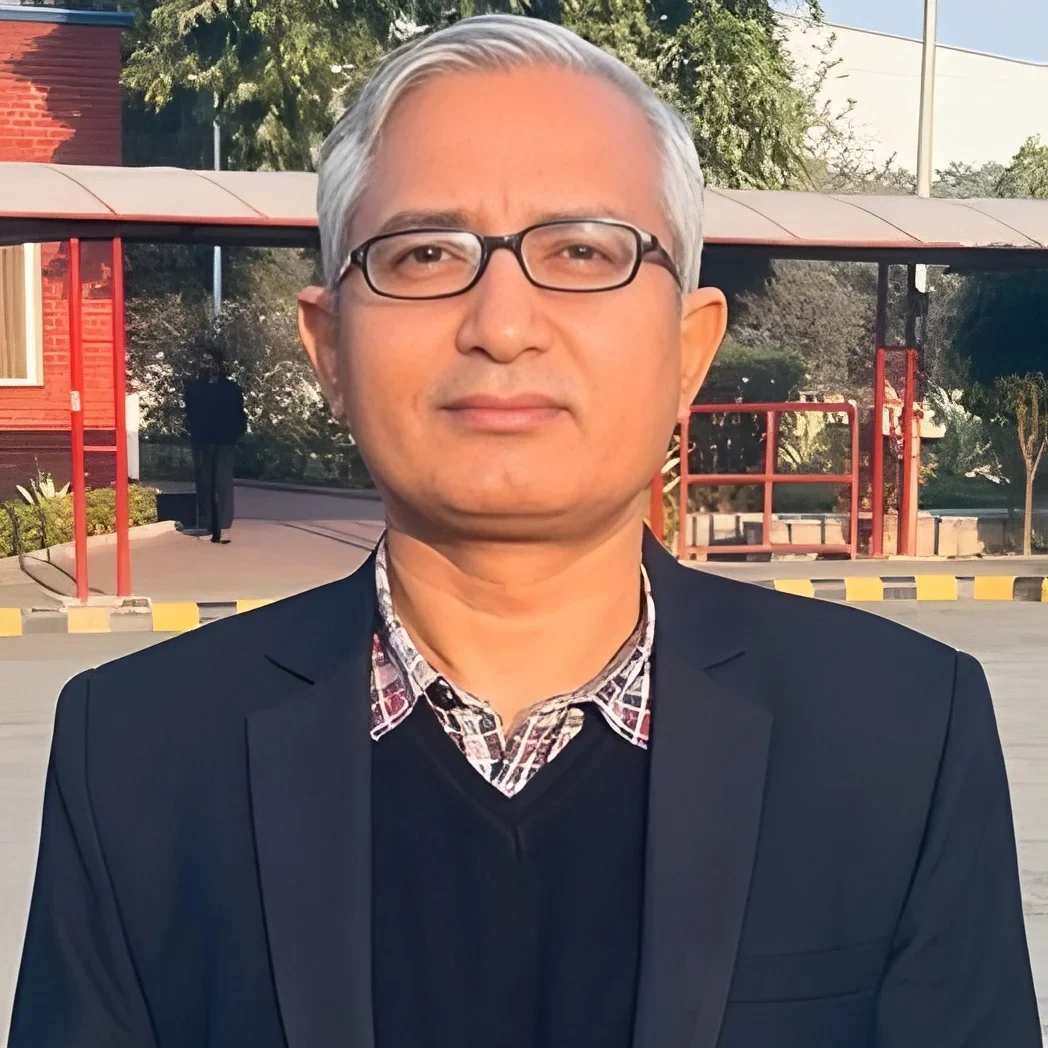
Mr. Parveen Kumar
Director, ISS Delhi

Dr. Jyotiranjan Beuria
Principal Investigator, ISS Delhi
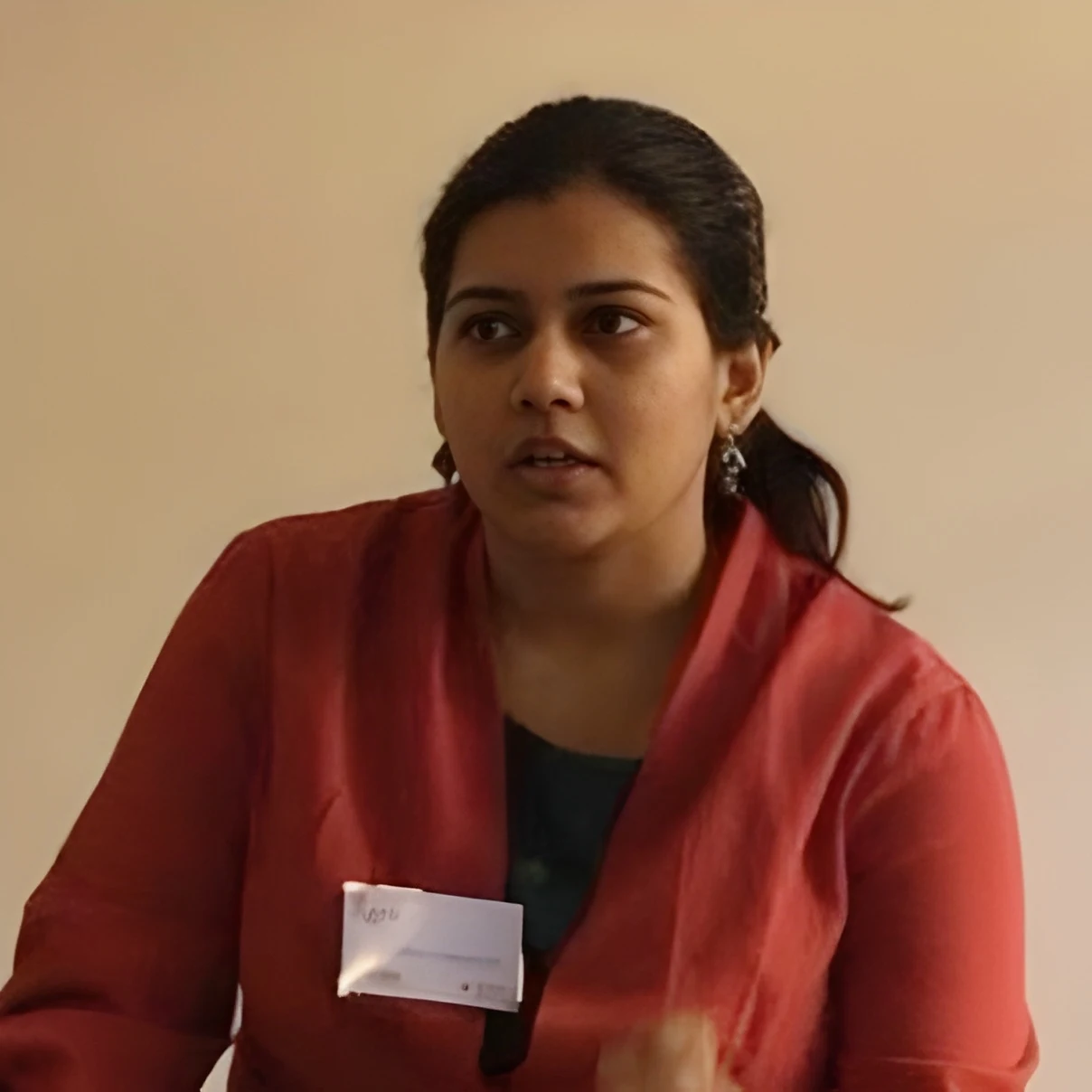
Dr. Nivedita Chaturvedi
Department of Philosophy, University of Delhi
9 am – 7 pm, 24 August 2025 at LH-316, Lecture Hall Complex, IIT Delhi
9 am – 7 pm, 24 August 2025 at LH-316, Lecture Hall Complex, IIT Delhi
9 am – 7 pm, 24 August 2025 at LH-316, Lecture Hall Complex, IIT Delhi
9 am – 7 pm, 24 August 2025 at LH-316, Lecture Hall Complex, IIT Delhi
9 am – 7 pm, 24 August 2025 at LH-316, Lecture Hall Complex, IIT Delhi
9 am – 7 pm, 24 August 2025 at LH-316, Lecture Hall Complex, IIT Delhi
9 am – 7 pm, 24 August 2025 at LH-316, Lecture Hall Complex, IIT Delhi
Key Themes
1. Role of Perception (Pratyakṣa) in Indian Philosophy
Pratyakṣa (direct perception) is a primary means of valid knowledge (pramāṇa) in nearly all Indian philosophical systems. It is rigorously analyzed in theistic philosophies such as Nyāya, Sāṃkhya, etc., and Buddhist epistemologies as foundational for cognition, inference, and action. This theme explores how perception is situated within broader epistemic and metaphysical frameworks.
2. Stages of Perception in Indian Philosophy and Cognitive Science
Indian thought outlines a multi-stage model of perception—from sense-object contact (indriyārtha-sannikarṣa) to mental processing via manas (mind), buddhi (intellect), and the emergence of self-awareness (ahaṃkāra). Classical schools like Nyāya further distinguish between nirvikalpa pratyakṣa (non-conceptual, pre-predicative perception) and savikalpa pratyakṣa (conceptual, determinate perception), emphasizing the transition from raw sensation to categorized cognition. Modern cognitive science offers parallel models involving bottom-up sensory integration, top-down attention, and the formation of conscious access through categorization and memory. This theme compares these layered accounts to uncover common principles and divergent assumptions about how perception becomes knowledge.
3. Perception and Physical Reality
How do perceptual processes relate to reality? Indian philosophies offer varied views: Advaita sees the world as Māyā, while Buddhism emphasizes impermanence. Vaiṣṇava Vedānta—especially Achíntya-bhedābheda—asserts the world is simultaneously distinct from and non-different from the divine, grounding perception in divine ontology. Contemporary thinkers like Don Hoffman argue perception is a species-specific interface, not a direct reflection of objective reality, and Bernardo Kastrup’s Analytic Idealism holds consciousness as fundamental, with the physical world as mental representation. This theme explores convergences in how both traditions rethink the relation between perception and reality.
4. Selfhood, Agency, and Awareness
Indian traditions present nuanced theories of the self—ranging from the eternal, unchanging Ātman in Vedānta to the no-self (anattā) doctrine in Buddhism. These views are intimately connected to how agency, continuity, and reflexive awareness arise in perception. Contemporary research on the minimal self, embodied cognition, and metacognitive processes explores similar questions through empirical methods. This theme bridges philosophical and scientific accounts of selfhood, offering insights into how the perceiver is constituted in and through experience.
5. Models of Perception and Cognitive Science
Nyāya realism, Yogācāra idealism, Advaita non-dualism, and Vaiṣṇava Vedānta—especially Achíntya-bhedābheda—offer distinct models of perception and its relation to reality. These are juxtaposed with contemporary models like predictive coding, global workspace theory, and enactivism. This theme explores how models across traditions explain perception, error, and conscious experience.
6. Perception and AI
Can machines perceive the world as humans do? Indian theories of cognition—distinguishing faculties such as manas (mind), buddhi (intellect), and citta (consciousness)—offer novel frameworks for modeling perception, memory, and inference in artificial systems. This theme explores parallels between these cognitive components and AI architectures for attention and sense-making, while also addressing deeper questions of machine sentience, consciousness, and the ethical implications of building systems that mimic or simulate human-like perception.
Agenda
| 8:50-9:00 | Inauguration | |
| 9:00-9:30 am | Prof. Arindam Chakrabarti | Against Non-Conceptual Perception (Nirvikalpaka Pratyakṣa): in Classical Indian and Contemporary Western Philosophies of Perception |
| 9:35-10:05 am | Dr. Vaibhav Tripathi | Cognitive Models of Perception: Perspectives from Modern and Indian sciences. |
| 10:10-10:40 am | Prof. Madhusudan Penna | Perception-analysis of Vedanta |
| 10:45-10:50 am | A brief introduction to activities at Institute for Science and Spirituality Delhi | |
| 10:45-10:50 am | Tea Break | |
| 10:45-10:50 am | Prof. Srinivasa Varakhedi | Does Smriti recollection differ from Pratyaksha perception? |
| 10:45-10:50 am | Dr. Ahalya Sharma | Perception in Ayurveda |
| 10:45-10:50 am | Prof. Sachchidananda Mishra | TBA (something related to Charvak) |
| 10:45-10:50 am | Prof. Madhumita Chattopadhyay | Early Mahāyāna Account of Perception |
| 10:45-10:50 am | Lunch | |
| 10:45-10:50 am | Mr. Parveen Kumar | Non-Vision Visual Perception: An empirical and philosophical investigation |
| 10:45-10:50 am | Prof. Daniel Raveh | Perception: Ordinary and Esoteric in Samkhya Yoga |
| 10:45-10:50 am | Dr. Sohom Chakrabarty | Perception of Truth as per Patanjali Yoga Sutras |
| 10:45-10:50 am | Dr. Venkatesh Chembrolu | Perception and Reality in a Consciousness-First Framework |
| 10:45-10:50 am | Tea Break | |
| 10:45-10:50 am | Dr. Jyotiranjan Beuria | Perception and action in collective behavior: A quantum-theoretic model |
| 10:45-10:50 am | Dr. Nivedita Chaturvedi | Can altering the process of perception alter the scope of what we can perceive?: Kumārila, Vasubandhu and Dharmakīrti on visual and auditory perception. |
| 10:45-10:50 am | Vote of Thanks | |
Poster Guidelines
- Size: A0 (Portrait – 84.1 cm x 118.9 cm)
- Suggested Structure: Title, Abstract, Introduction, Methods, Results, Discussion, Conclusion, References
- Font: Title ≥ 36pt, Body ≥ 24pt
- Design Tips: Use visuals, avoid dense text, maintain high contrast, check Sanskrit formatting
- Abstract Submission Deadline : 12 August 2025
- Only selected abstracts will be permitted for poster presentations.
- Selected abstracts will be requested for subsequent full length article submission to be published in a monograph with ISBN.
- On-site Display: Bring printed poster and attend Poster Session (5:00 – 6:00 PM)
